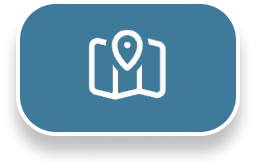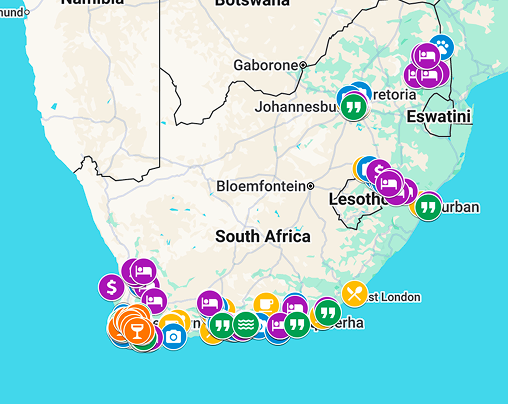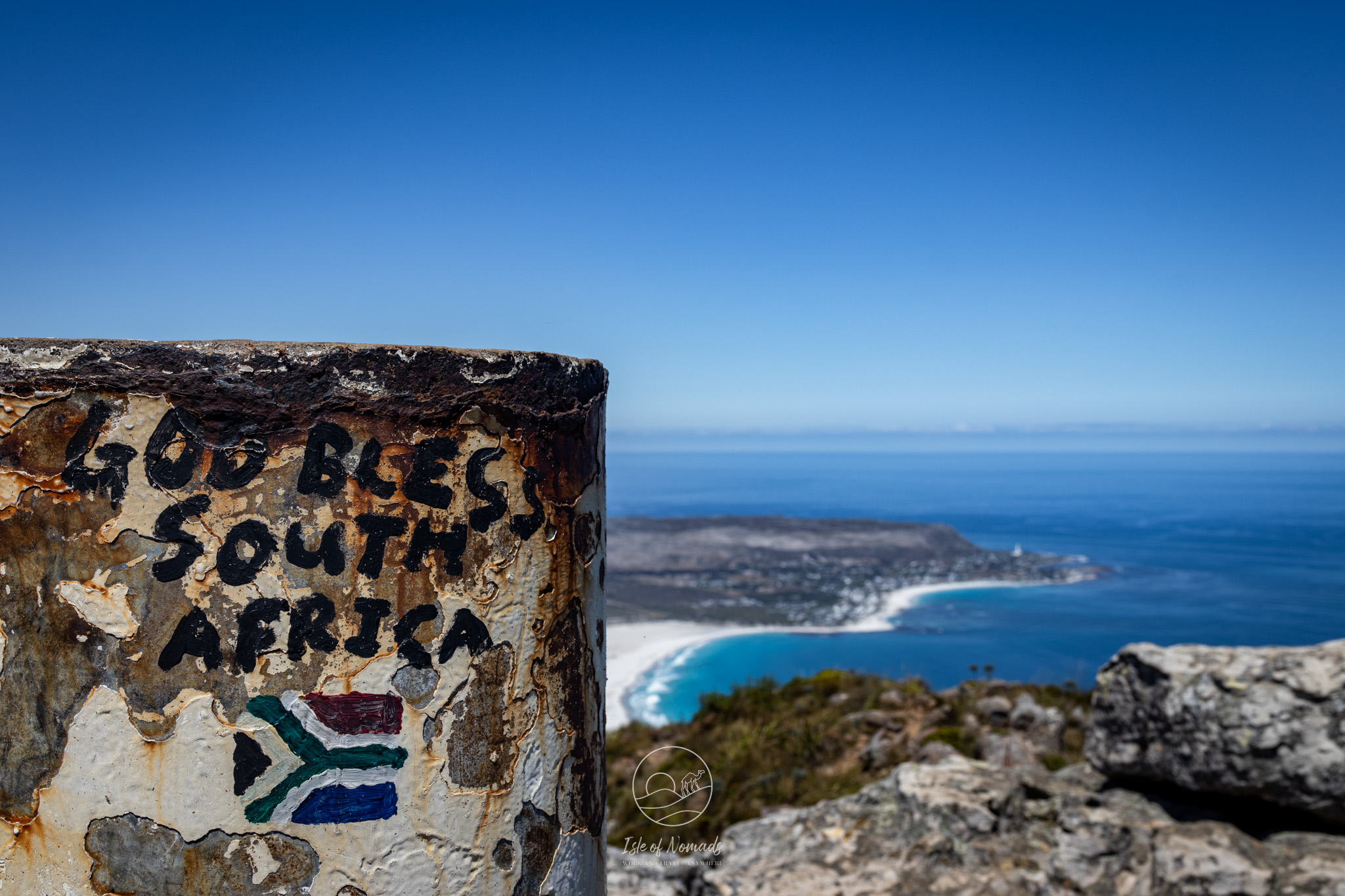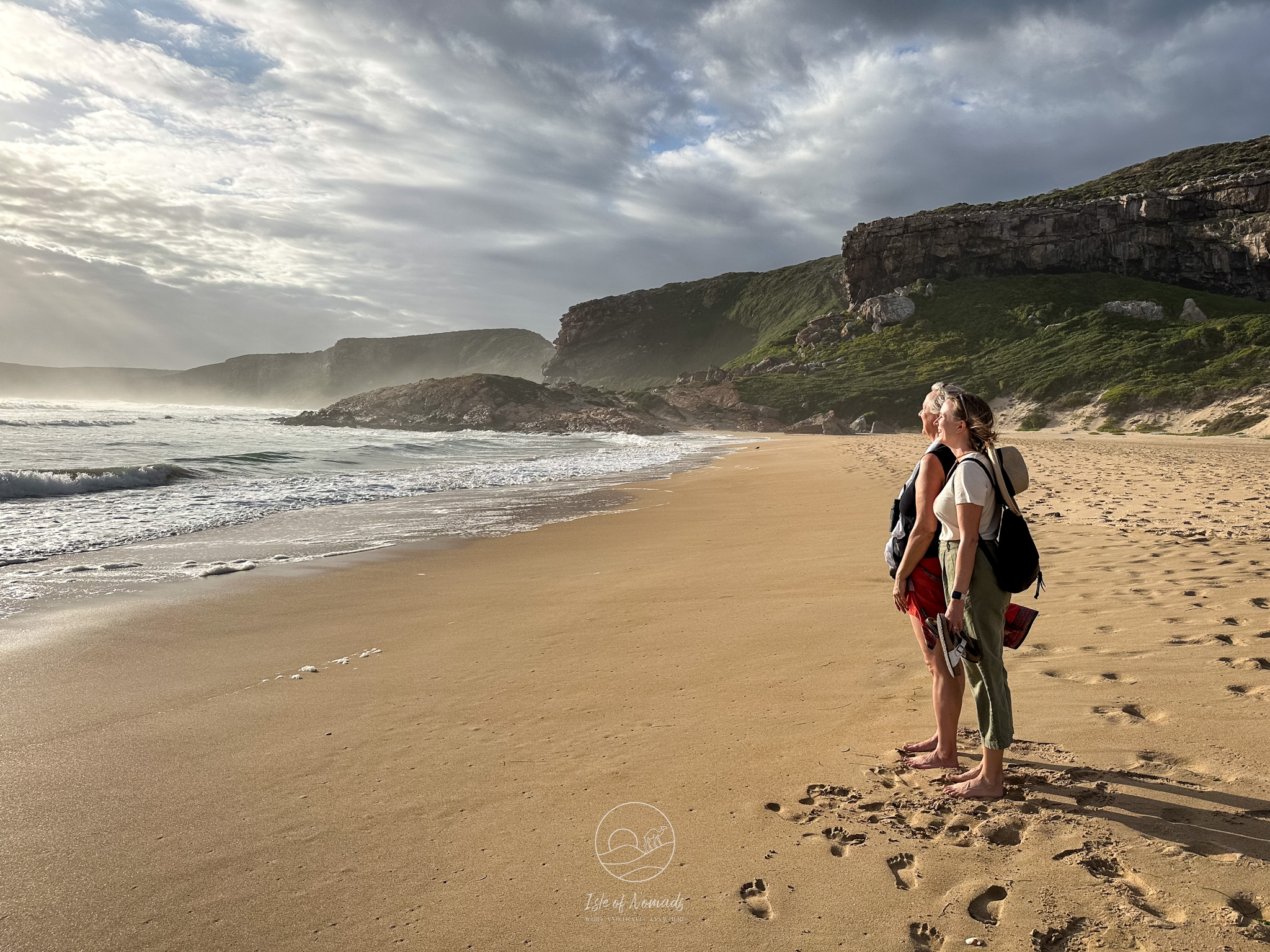Do you need a 4x4 to travel South Africa, Botswana and Namibia?
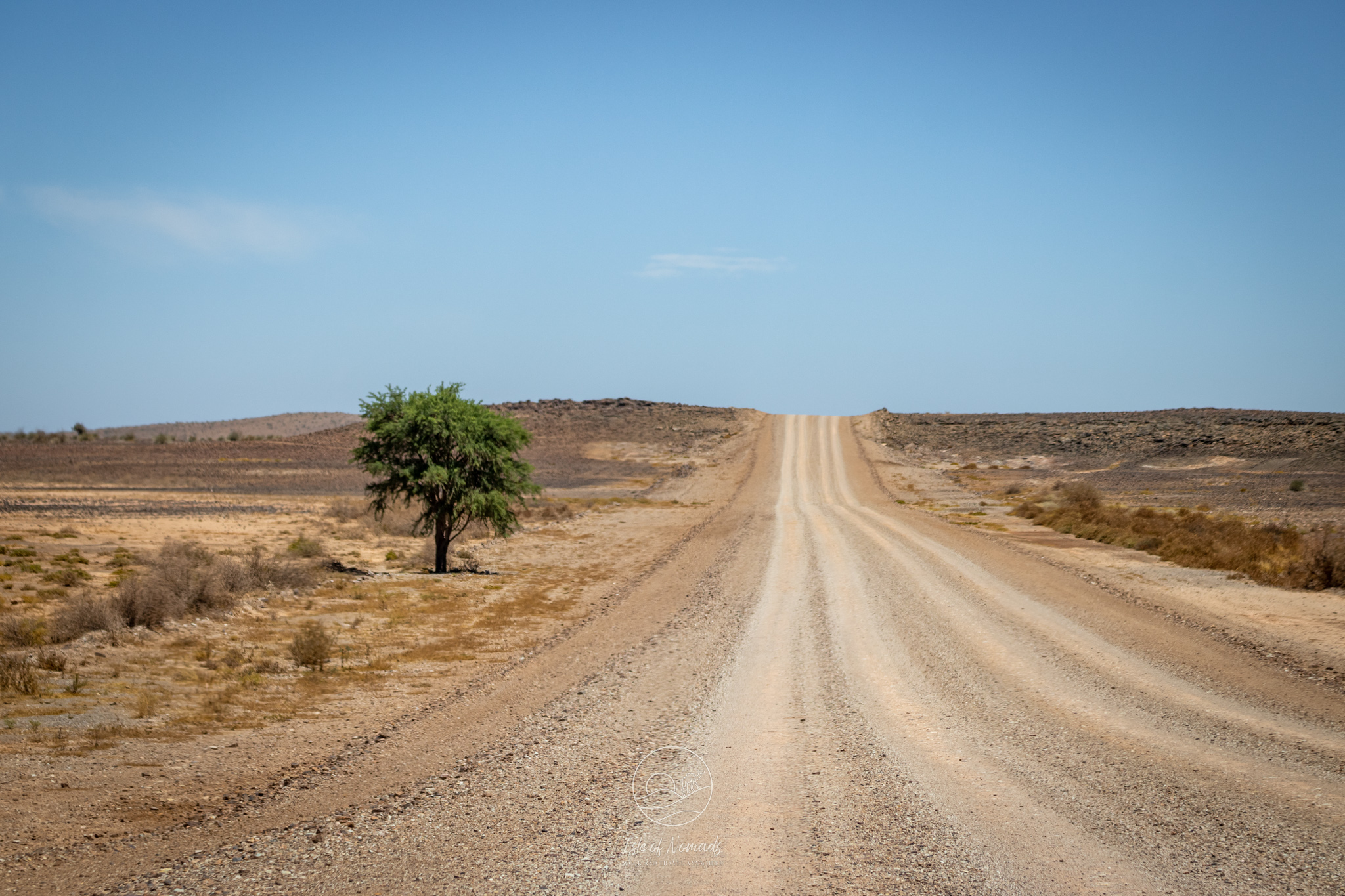
Content
This article should enable you to determine whether you will need a 4x4 for the self-drive journey you are planning to either South Africa, Botswana or Namibia (or all three of them!). If you do not want to read through all the sections, let me give you the short answer to the question: In none of the three countries a 4x4 is a must.
The longer answer is "it depends". Even though your choice does not necessarily affect (all of) the locations you can visit, whether or not you go for a 4x4 will determine the type of trip you will have.
Have a look here for tips on how to plan a self-drive journey in these three Southern African countries! And if you are looking on general advice on whether you should self-drive in Southern Africa, check out this article.
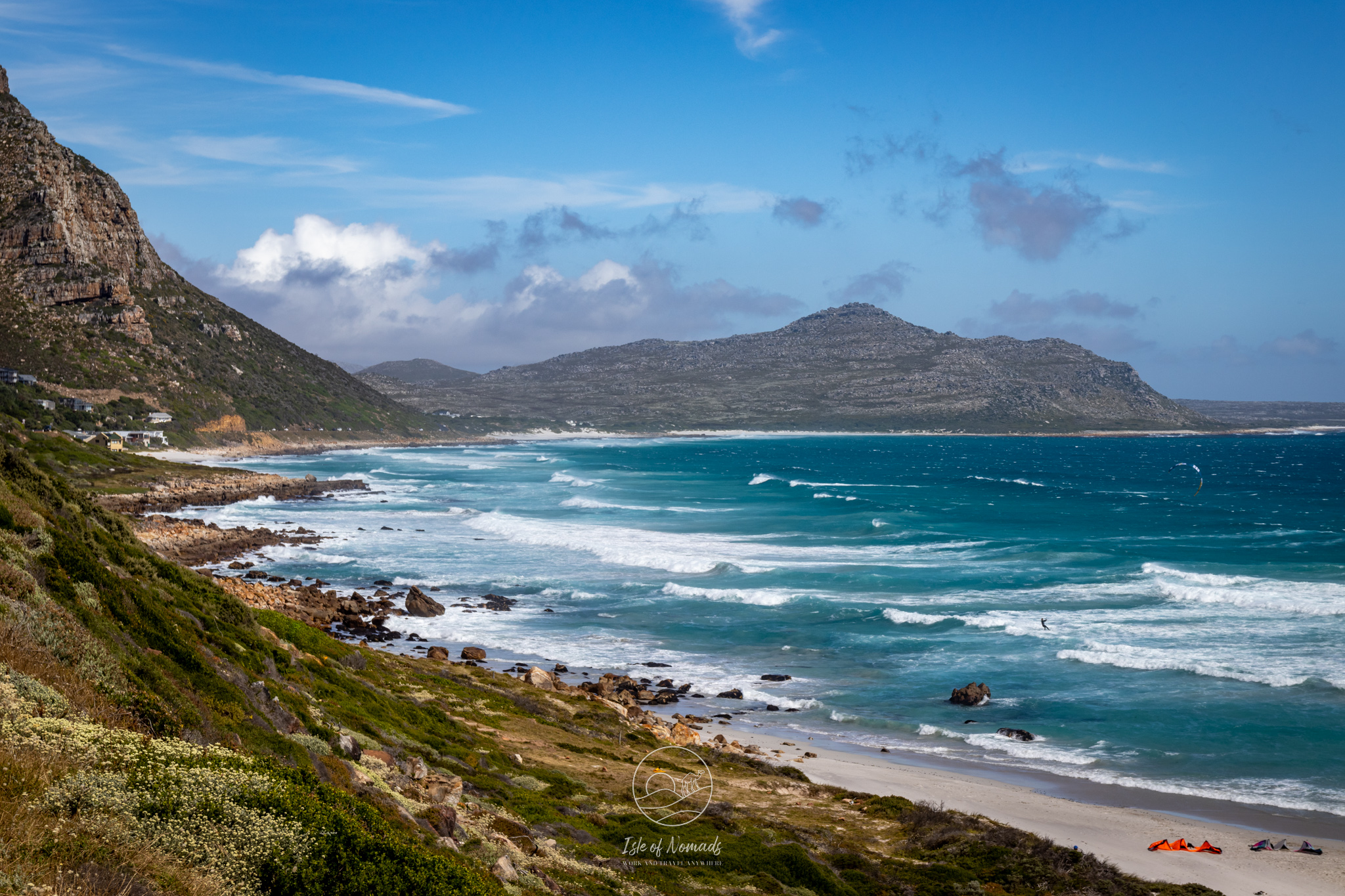
Do I need a 4x4 to self-drive through South Africa?
The short answer is no, you do not. Roads in South Africa are quite good, especially the main roads that will get you to most of the sights. All parts of the country that we visited on our multiple travels to South Africa were accessible by "normal" car - this includes Kruger National Park, Addo Elephant Park, Drakensberg, Cederberg mountains, the Garden Route, the Wild Coast and the road through Namaqualand towards Namibia. For a full list of where we went, have a look here
That being said, if you drive into the Cederberg or into Drakensberg mountains, a vehicle with a higher clearance will come in handy. (Laura drove into Cederberg in 2016 with a small VW and came out missing a tire and a front bumper, so it can be done in a tiny car, but probably not without damage to the poor car).
One road we were considering to drive but had to omit due us not having a 4x4 was the Sani Pass from Drakensberg NP into Lesotho. If you check the road on Google Maps, you will see why - if you want to drive this route you absolutely need a 4x4.
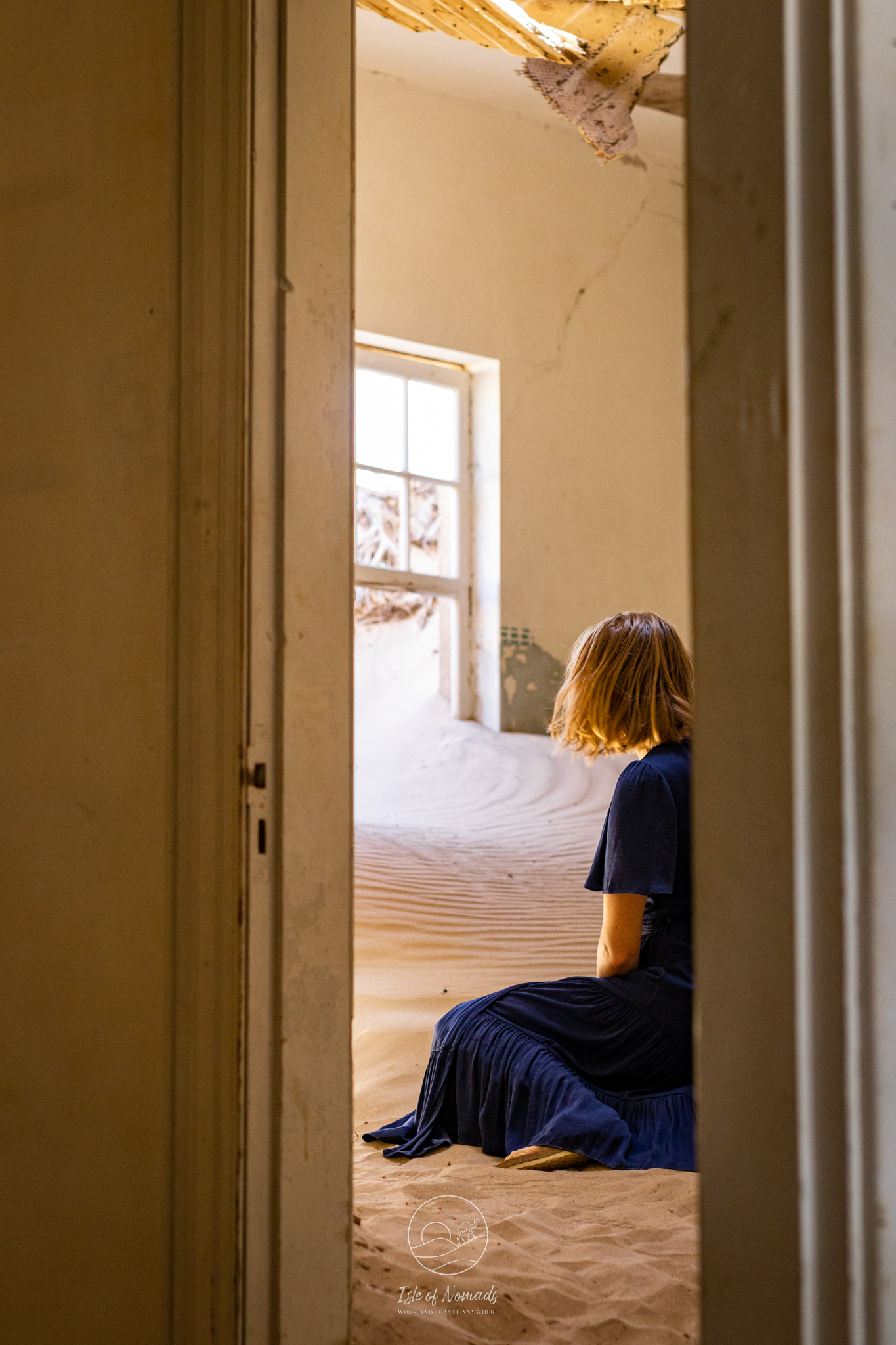
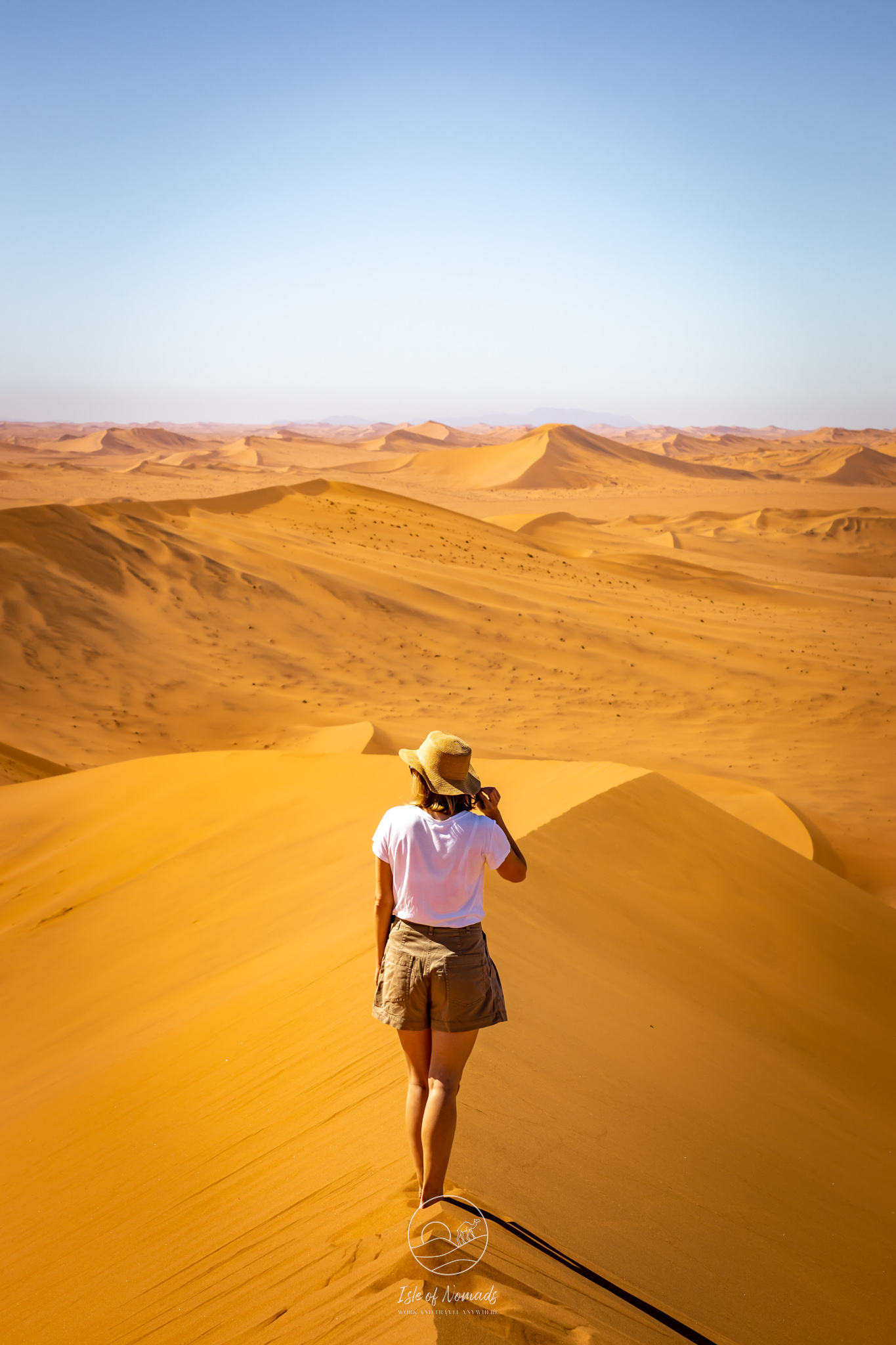
Do I need a 4x4 to self-drive through Namibia?
Again, you do not necessarily need a 4x4 to drive through Namibia. However, when compared to South Africa, there could be made a case that some roads would warrant a 4x4. We drove through the country - from the border to South Africa, to Luderitz, Swakopmund, Etosha and the Caprivi Strip in a 4x4 without an issue.
There are three locations in which it might make sense to have a 4x4 in Namibia:
In Sossusvlei and Deadvlei we drove to the car park and then took the shuttle to the dunes. Our guide told us that they even recommend tourists with 4x4s to take the shuttle as you need to be quite well-versed in adapting tire pressure to the unique conditions of driving on large dunes. Also, there is quite a steep fee (200USD) if you get stuck in your vehicle and they need to come to retrieve you. Even if we would have had a 4x4 we would probably not have driven to the dunes ourselves.
The Skeleton Coast is the one destination that I had to leave out because we did not have a 4x4. Initially, I would have liked to visit this eerie desert area that is the Northern part of the Namibian coast. However, the more I researched the more doubtful I grew about visiting. I read that there are frequent sand storms and the road does get quite bad the further north you drive, but also, accomodation becomes very scarce, very basic and only operates seasonly. To be honest, when we arrived in Swakopmund and drove to Hentiesbaai I felt we had made the correct decision. By that time I had seen so much desert that the thought of driving several hours just to see more of it was not particularly appealing. And we also still had quite a way through the desert before us!
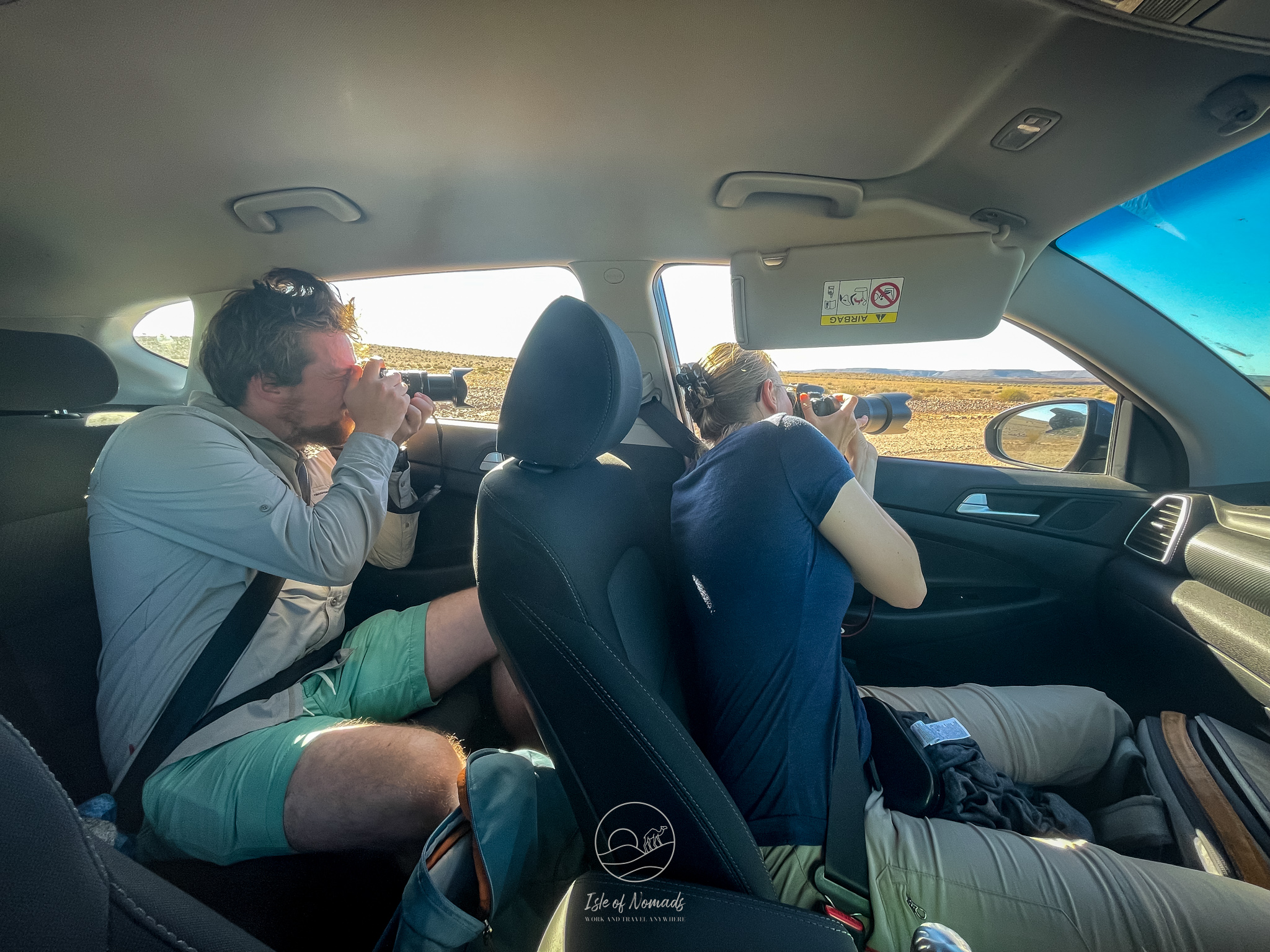
The last thing to consider in terms of whether you want a 4x4 or not is Etosha National Park. Almost all parts of the park are fully accessible in a normal car - you can have a look at the maps on the park website to get an idea of the road network and where you can drive.
Another consideration is of course the type of vacation you are looking for. There are many people that rent a 4x4 with a roof tent - this would mean you can simply park your car in a camping spots and do not need to pay for accommodation. We were considering this, too and I actually calculated the cost of renting this car vs paying for (mid-range) accommodations along our route and it worked out to be approximately the same. So it's up to you - Cordt and me are not particularly fond of camping and especially as we were on the road for 12 weeks preferred to stay in hotels and homestays. But I have to admit the tohught of camping in remote locations in Namibia also appeals to me, so if we would come back for a shorter trip we might consider that!
Do I need a 4x4 to self-drive through Botswana?
Again, you do not necessarily need a 4x4 to drive through Botswana. We drove through the whole country on our way from the Caprivi Strip back to South Africa and it was not a problem with all. But of all the countries here, the type of car you take will definitely alter the experience you will have in Botswana.
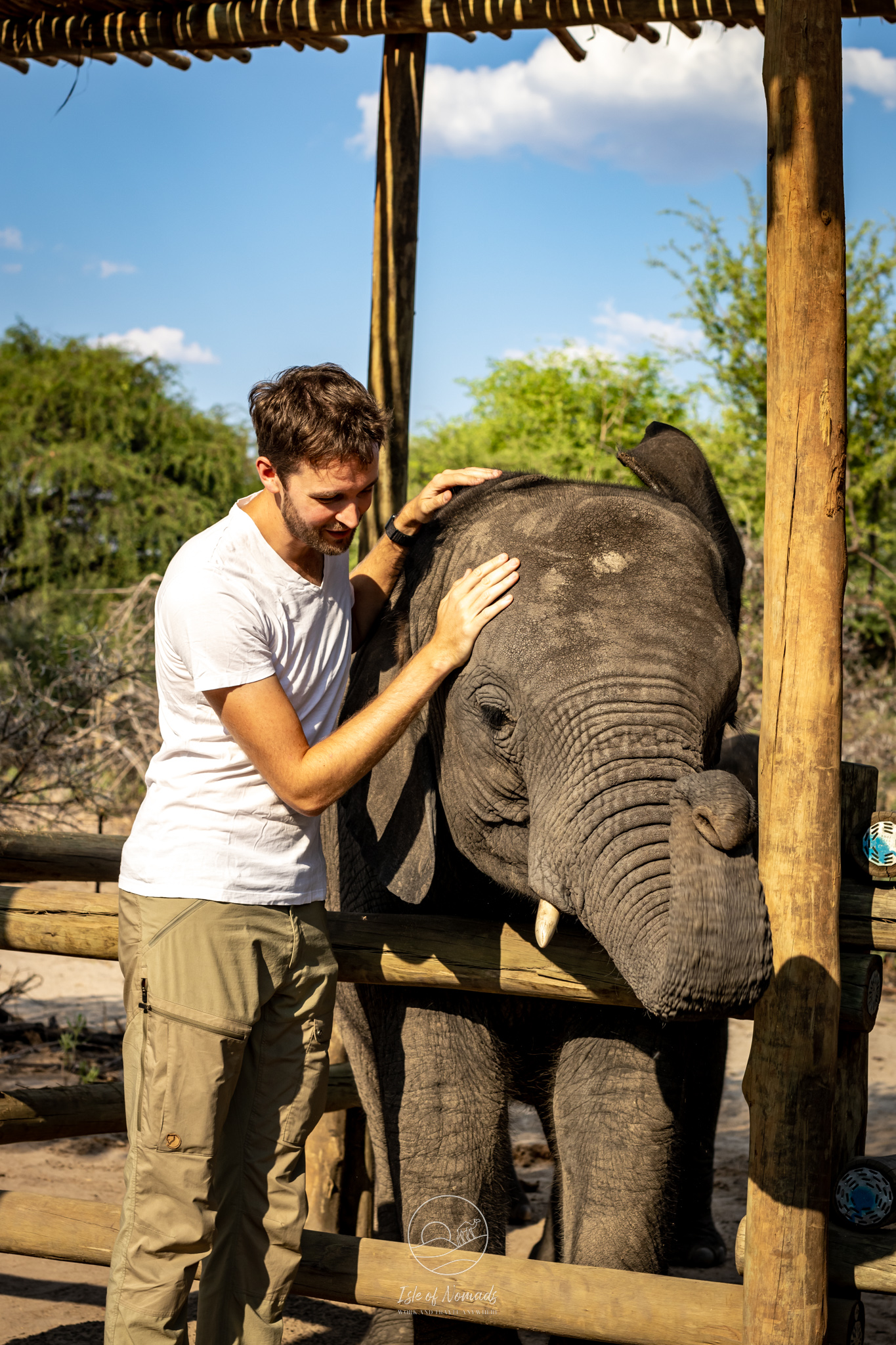
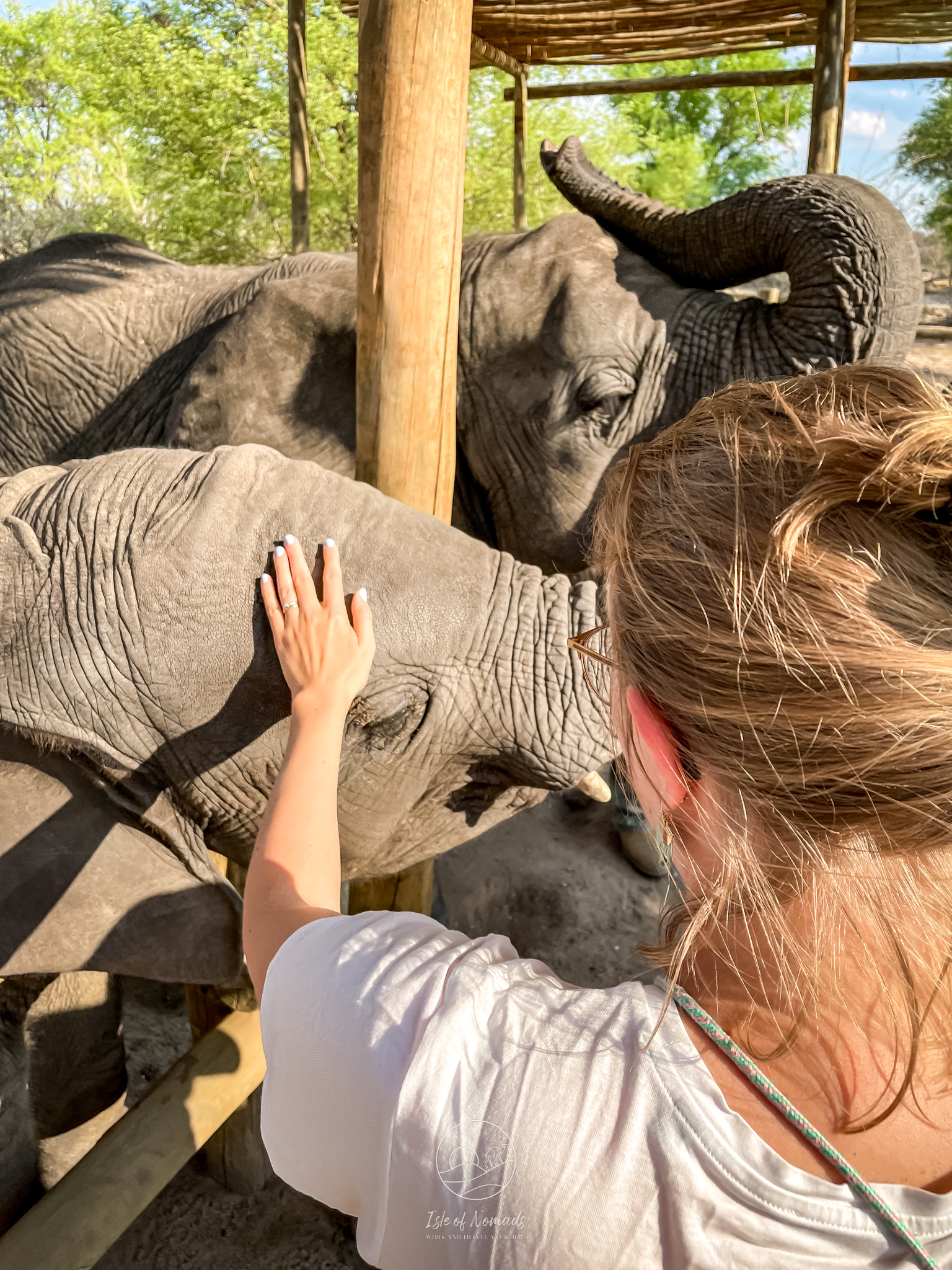
We had the impression that Botswana is great for two types of travelers: Either you are filthy rich and can afford to pay upwards of 800EUR/night for a luxury tent somewhere in the Okavango Delta - in which case transportation (usually by way of the private plane belonging to the resort) is included or only adds insignificant cost to the total. Or you are travelling in a large 4x4 vehicle that comes with its own tent on the rooftop.
We went with neither of these two options, and this meant that we had to mainly rely on (day) tours to explore the National Parks of Botswana. For us this was perfectly fine, but if you would like to be completely independent in exploring Botswana, you should think about renting a 4x4 vehicle with a tent on the roof. This will of course also allow you to sleep wherever you find a parking spot / camp ground in the other two countries.
Which car type to rent and what insurance to get
Having established that you do not necessarily need a 4x4, the question is what type of vehicle DO you need? I would definitely suggest getting a car with higher clearance, and you should get insurance. But let's go step by step.
You will drive a substantial chunk of the way on non-paved roads, and a non-neglible amount of them have quite some potholes in them. In order to not be able to drive with a normal speed without damaging the car, you need to have a higher clearance vehicle. We drove a Hyundai Tucson for most of the way, and got a new car supplied in Durban (unfortunately I forgot what type it was, but it was in the same car class). This served us well in all terains we encountered.
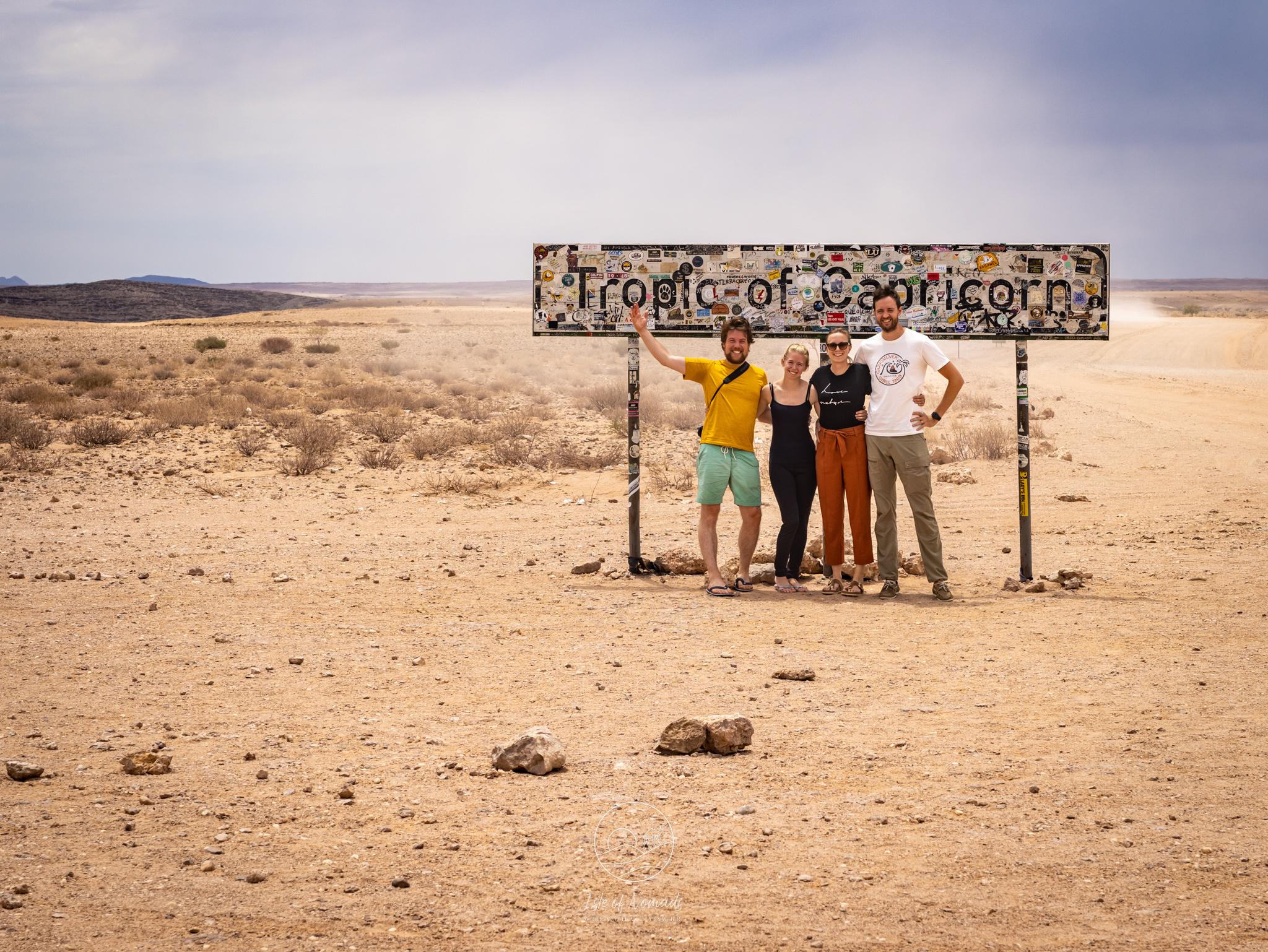
Before arrivng in South Africa, I worried about car insurance. In general, it saves you a lot of money to get your insurance from a third-party company not associated with your rental company. But all insurances I encountered did not insure non 4x4 cars for offroad use. That makes sense - but it took me some time to realize that off-road does not refer to a really bad path that can hardly be calles road, but - according to the insurance T&Cs - to a "public highway". Upon digging a bit further I learned that this is basically all "official" roads of a national road network. So if you are driving on official, government-designated roads - no matter how shitty they are - you are not driving off-road. In hindsight this makes a lot of sense, but I had never bothered with the exact definition of on and off road before.
All that to say - it is advisable to get insurance for your car before you drive this route :-)
Is it safe to drive through Southern Africa?
While South Africa and the region often receive negative press regarding safety issues, with sensible precautions and common sense, you can ensure a safe trip. Speaking from experience, I (Laura) traveled across the country in 2016 with my closest female friend. Initially apprehensive, we found that adhering to straightforward safety measures kept us secure.
One key recommendation is to avoid night driving—not so much due to the risk of carjacking, which does increase, but because it's harder to see potential hazards on the road at night, such as wildlife or pedestrians.
Always remove valuables from your car when you park, and if that's not possible, ensure nothing is visible from outside to deter break-ins. If you need to park your car outside of your accommodation, quickly research parking and safety of the area you plan to leave your car in. Always lock the car from the inside while you are driving. Do not fully roll down the windows of your car while you are parked somewhere, also not at a red light.
While it may seem overly cautious, we made it a rule to never stop the car while transitioning from one location to another, unless it was an official police checkpoint. Additionally, refrain from picking up hitchhikers.
Before you go, catch up on the current state of loadshedding in South Africa (you can simply Google this and there will be plenty of information available). Loadshedding are planned power outages that affect almost all regions of the country. More and more accommodations rely on Solar energy or generators during this time, but it is still good to know when you might not have electricity. If you spend a long stretch of time in South Africa, it might be a good idea to download a Loadshedding schedule app
Try our Wine app
We recently finished the first version of a passion side-project that helps people discover vineyards in the Cape region — based on things like your wine preferences, whether you’re going solo or with friends, if you want to have lunch with your tasting, and even the weather.
🚨 It’s iOS only for now.
💰 This is free of course - we are looking for feedback on something we built.
📩 You can download the app here or by searching "Cork&Cape" in the App Store. We'd love to hear your feedback once you tried it out!

